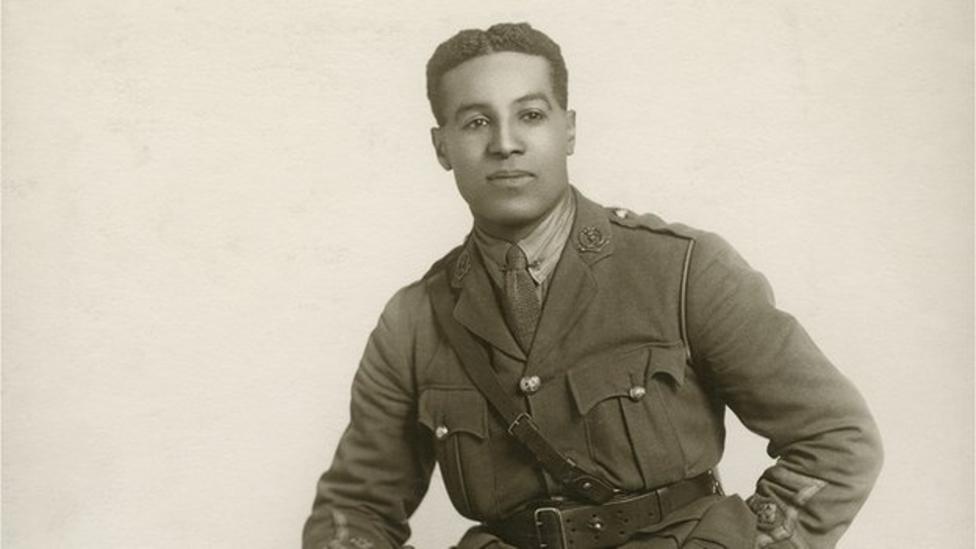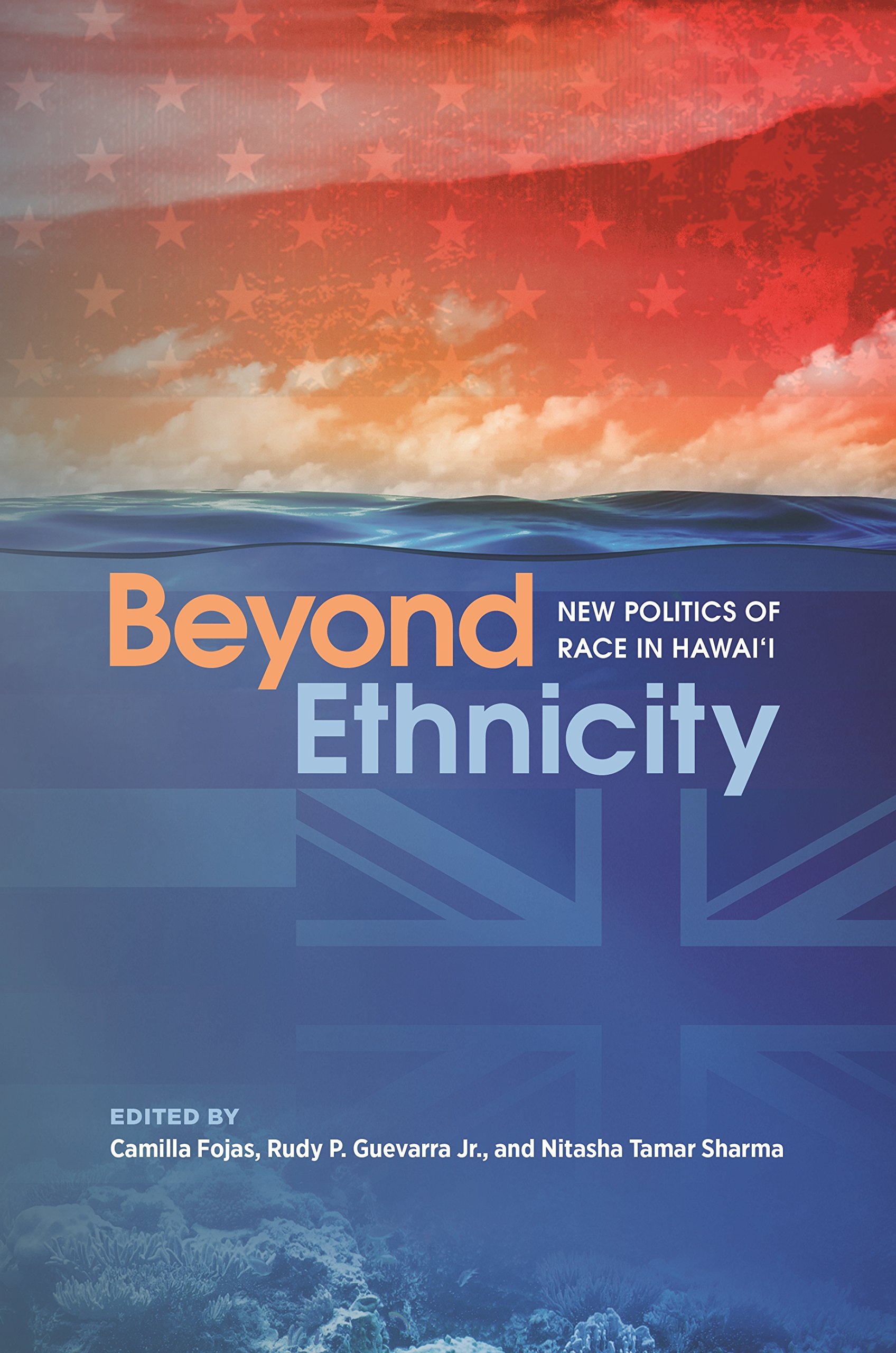A black female politician was gunned down in Rio. Now she’s a global symbol.
The Washington Post
2018-03-19
Anthony Faiola, South America/Caribbean Bureau Chief
Miami, Florida
Marina Lopes, Reporter
São Paulo, Brazil

Demonstrators rally for a second consecutive day last Friday to mourn Marielle Franco, a Rio de Janeiro councilwoman, black rights activist and outspoken critic of police brutality who was fatally shot in an assassination-style attack in the city on March 14. (Lianne Milton/For The Washington Post) |
RIO DE JANEIRO — Before stepping into her Chevrolet Agile at 9:04 p.m. last Wednesday, Marielle Franco had just done what she did best: fire up a room.
“Let’s do this,” the 38-year-old politician with the cascading Afro had said as she wrapped up a speech at Rio’s House of Black Women calling for black empowerment.
Brazil needed it, she said. Across this troubled metropolis, police brutality and extrajudicial killings were ravaging the slums. Elected last year as the only black woman on Rio’s 51-member city council, she had gone after those responsible while reframing the debate in an uncomfortable new way.
In a society that has long seen itself as post-racial, Franco argued, the slaughter was not just a war on the poor. It was also a war on blacks…
…Racism in Brazil has a complex history.
The country imported 4 million slaves, more than 10 times the number brought to the United States. In the United States, intermixing of races was discouraged. But in Brazil, where Portuguese settlers were outnumbered by their slaves, it was endorsed as a way to “whiten” the population.
Miscegenation soon became a cornerstone of national identity, with 53 percent of Brazilians now seeing themselves fluidly as black or mixed-race.
“In Brazil, you bump up against this narrative of racial mixture, that black identity or white identity is an import — that the concept of racism was imported by Americans,” said Glen Goodman, professor of Brazilian studies at the University of Illinois at Urbana-Champaign.
Critics say that the myth of a post-racial Brazil silences conversations about deep-rooted discrimination and violence…
Read the entire article here.









